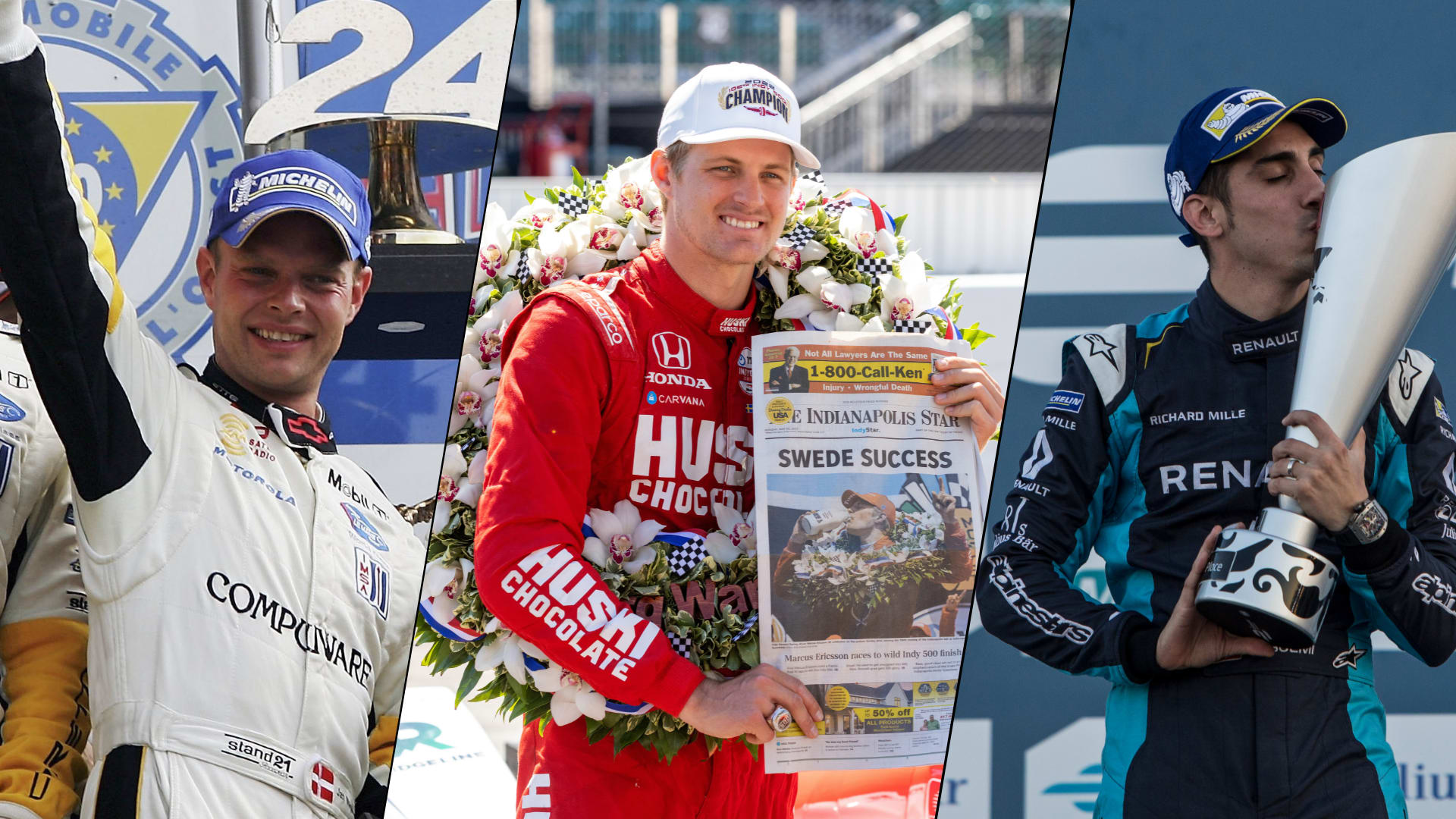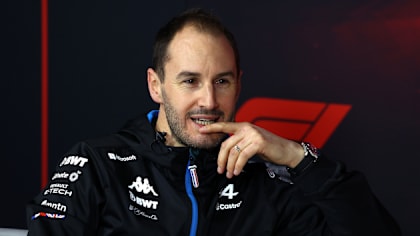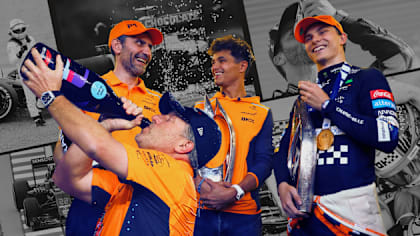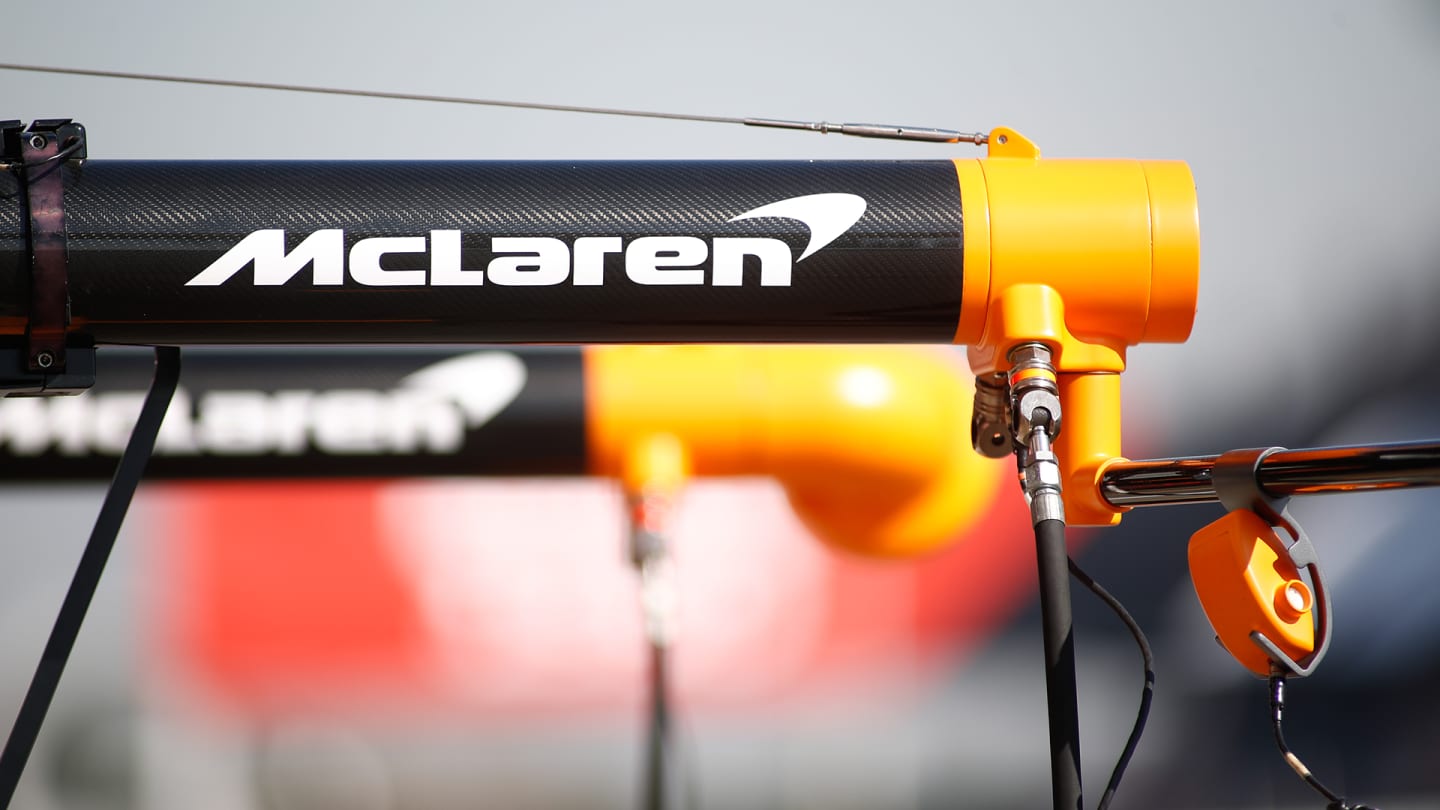
News
McLaren share progress across several key areas in latest sustainability report
Share

McLaren have released their second sustainability report, highlighting some of the improvements made throughout the organisation over the last year and what’s to come in the future.
The Woking team’s 48-page long report is split into four key pillars, covering Net Zero goals, a circular economy (minimising resources and waste, and maximising value), diversity, equity and inclusion, and health and wellbeing.
WATCH: What are sustainable fuels, how are they made – and how could this affect you?
Net Zero
In terms of their Net Zero efforts, McLaren have already achieved a 22% reduction in greenhouse gas (GHG) emissions against their 2019 baseline, including a 9% decrease in air freight emissions – saving enough electricity to power 100 average UK homes in a year.
These numbers were reached through using fewer materials to construct their F1 cars and supplementary changes such as converting lights to LEDs and transporting more equipment to races by sea freight.
As for the future, McLaren want to halve emissions by 2030 and achieve net zero by 2040, while using their platform to educate on climate action.
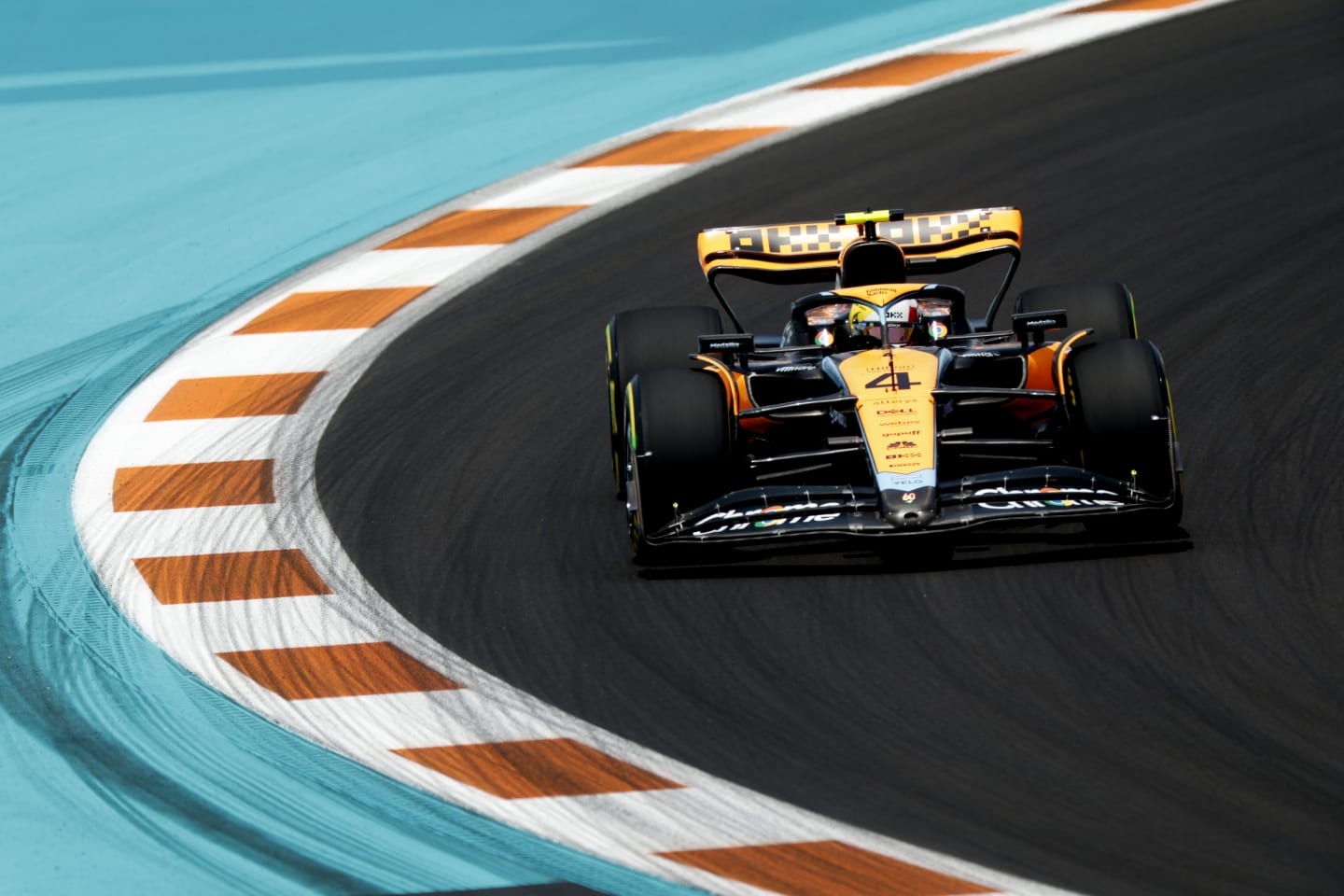
McLaren are one of the oldest teams on the F1 grid, having debuted in the 1960s
Circular economy
By reducing construction waste, using resources more efficiently and better managing materials, McLaren have reported a 19% reduction in their total waste.
They have also saved almost 400 coffee cups a week and prevented almost 1,000 meals from going to waste by eliminating single-use plastics and donating unused food from the factory.
Going forward, McLaren want to take this a step further by developing a fully circular F1 car and, in turn, accelerating the transition to a more circular economy.
Diversity, equity and inclusion
In an ongoing push for improved diversity and equal opportunities across the sport, McLaren noted that 33% of their new starters through 2022 came from under-represented backgrounds.
The outfit also launched the McLaren Racing Engage alliance in 2021, reaching 4,000 students at events supported by their STEM Ambassadors, while their STEM day programme is set to be rolled out in UK schools in a collaboration with F1.
McLaren Origins: The story of the Formula 1 team
McLaren have stated their intention to be “the most diverse and inclusive team” in F1 in the future and, by 2030, aim to have 40% of their employees come from under-represented groups.
Health and wellbeing
Meanwhile, to help their staff feel at their best in and out of work, McLaren say 6% of the team are mental health first aiders, describing them as “a pivotal part of our support structure”. Webinars exploring health and wellbeing pressures have been organised alongside this to educate employees.
READ MORE: Tech chief Pat Symonds explains why Formula 1 is leading the push for sustainable fuels
McLaren have vowed to continue promoting and supporting the physical and mental health and wellbeing of their staff – and the communities they impact – into the future.
For more information about McLaren’s latest sustainability report, visit their official website.
YOU MIGHT ALSO LIKE
News Aston Martin won the ‘World Championship for most updates’ last season as new team boss Cowell sets out ambitious 2025 target
FeatureF1 Unlocked F1 QUIZ: Spa-Francorchamps special – Test your knowledge of Grand Prix history at the historic Belgian track
News ‘There’s no magic’ – Oakes outlines Alpine’s approach to 2025 season as teams get set for ‘big compromise’
Feature TIMELINE: From a ‘GP2 engine’ to World Champions – recounting McLaren’s scarcely believable F1 turnaround
